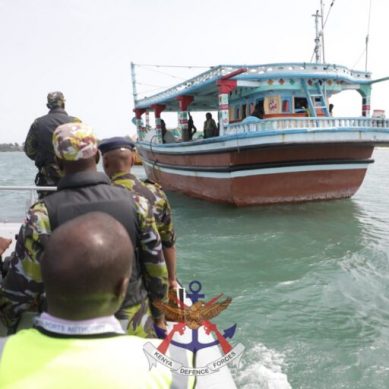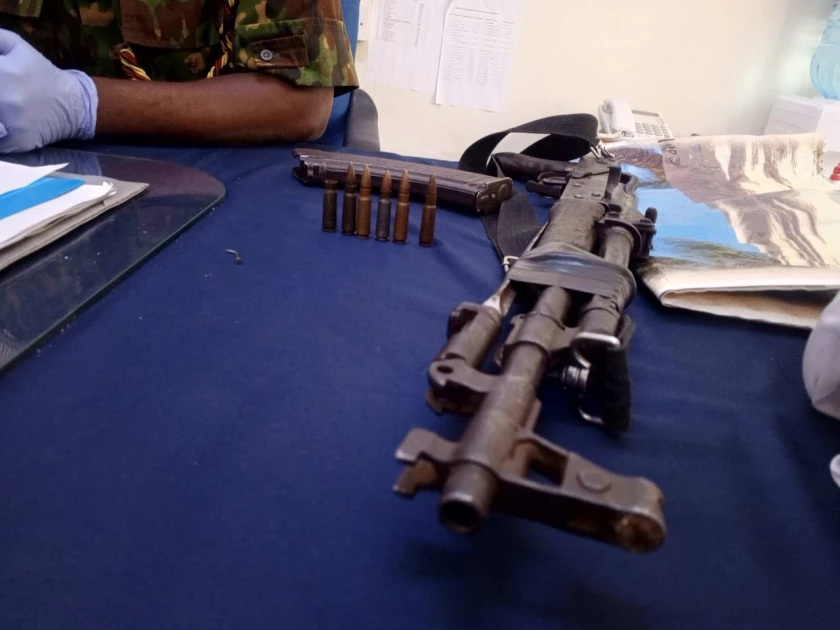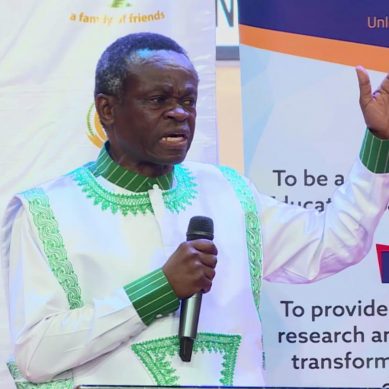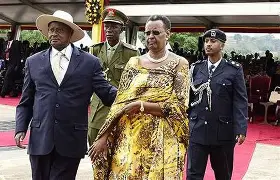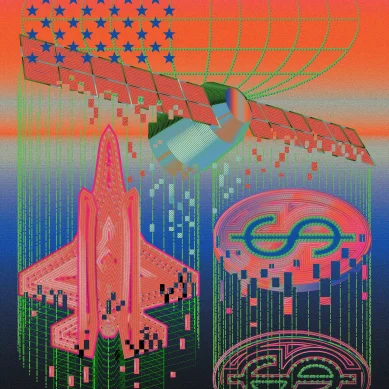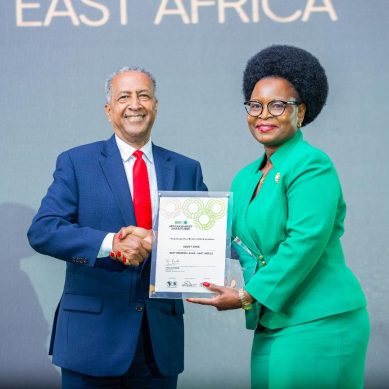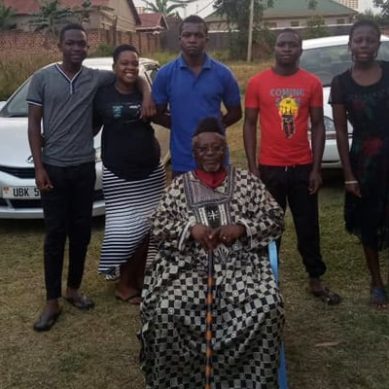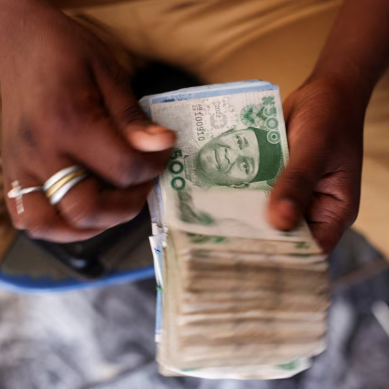State legitimacy crisis in Uganda: A hotchpotch of deep state, military state and police state that represses or suppresses alternative opinion
We see erosion of peace and security in both rural and urban areas at a rate unimaginable after 2000. Ogega Otunnu (2017) has indicated that the crisis of state legitimacy and political violence in Uganda continues. He has looked at the crisis of state legitimacy under the Uganda National Liberation Movement/Army (UNLF/A) from 1979-1980, Uganda People’s Congress during Obote II from 1981/1985, Tito Okello military junta from 1985-1986 and National Resistance Movement under Tibuhaburwa Museveni from 1986-2016 (SpringerLink Search, 2020).
Why trying to simply declare independence from US dollar and technology isn’t a viable option
In Europe, discussions are coalescing around an ambitious idea called EuroStack, an EU-led “digital supply chain” that would give Europe technological sovereignty independent from the US and other countries.
‘Enshittification’ of American power: How US hegemony is sustained by network logic that’s difficult and expensive to break away from
So dollar clearing is an expedient. It’s also the chief enforcement mechanism of US financial policy across the globe. If foreign banks don’t implement US financial sanctions and other measures, they risk losing access to US dollar clearing and going under. This threat is so existentially dire that, when Lam was placed under US sanctions
For disrupting and democratising traditional banking services, Equity Bank has no equal n East Africa
Omar declared, “Thomas Sankara once said, ‘The ones who feed you, rule you.’ In today’s context, we might say, ‘The ones who finance you, empower you’,” insisting that strong African-owned banks are critical to scaling development and banks like Equity Bank are at the forefront of that mission.
How digital democratisation of intellectualism makes it easier for Ugandan thought leaders to ventilate in face of repression and subjugation
Winick has recently explained the difference between a thought leaders and Philosophers. Philosophers think deep thoughts about ideas. Thought leaders lead in converting an idea into reality. The ability to take your ideas, create content and shape products that help others solve their toughest problems is at the heart of thought leadership – and so is market viability.
Journalism and democracy are conjoined twins and when they die, they are buried in same grave
Independent journalism is one of the strongest defences we have against polarisation, extremism and authoritarianism. But in many parts of the world, it simply cannot survive without support. Advertising doesn’t work in conflict zones. Subscription models don’t sustain outlets serving rural, low-income communities.
Africa’s major currencies expected to remain stable amid slow activity in financial markets
Zambia’s kwacha is expected to be trade around its current levels but some analysts said it could gain further out as the economic outlook improves. On Thursday the kwacha was quoted at 24.39 per dollar from 24.45 a week ago.
Sign contracts that you understand and are based on Kenyan labour law, athletes counselled
Lawyer Samwel Momanyi said there were many clauses that the athletes may not understand without the help of a lawyer especially after it emerged that, since most of the managers were from foreign countries, the athletes signed contracts written in foreign languages and under foreign labour laws.
Supreme Court clears way for deportation to South Sudan of several immigrants with no ties the African nation
The Supreme Court majority wrote that their decision on June 23 completely halted Murphy’s ruling and also rendered his decision on the South Sudan flight “unenforceable.” The court did not fully detail its legal reasoning on the underlying case, as is common on its emergency docket.
Insurgency, ravages of climate change pose biggest threats to wildlife in northern Cameroon
Cameroon’s Far North has long been on the frontline of climate change. The region has suffered recurrent droughts, most notably during the 1970s and 1980s. This has led to successive waves of southerly migration to more fertile regions. Perhaps the most striking symbol of the changing climate is the shrinking of Lake Chad, a large part of which overlaps with northern Cameroon.
